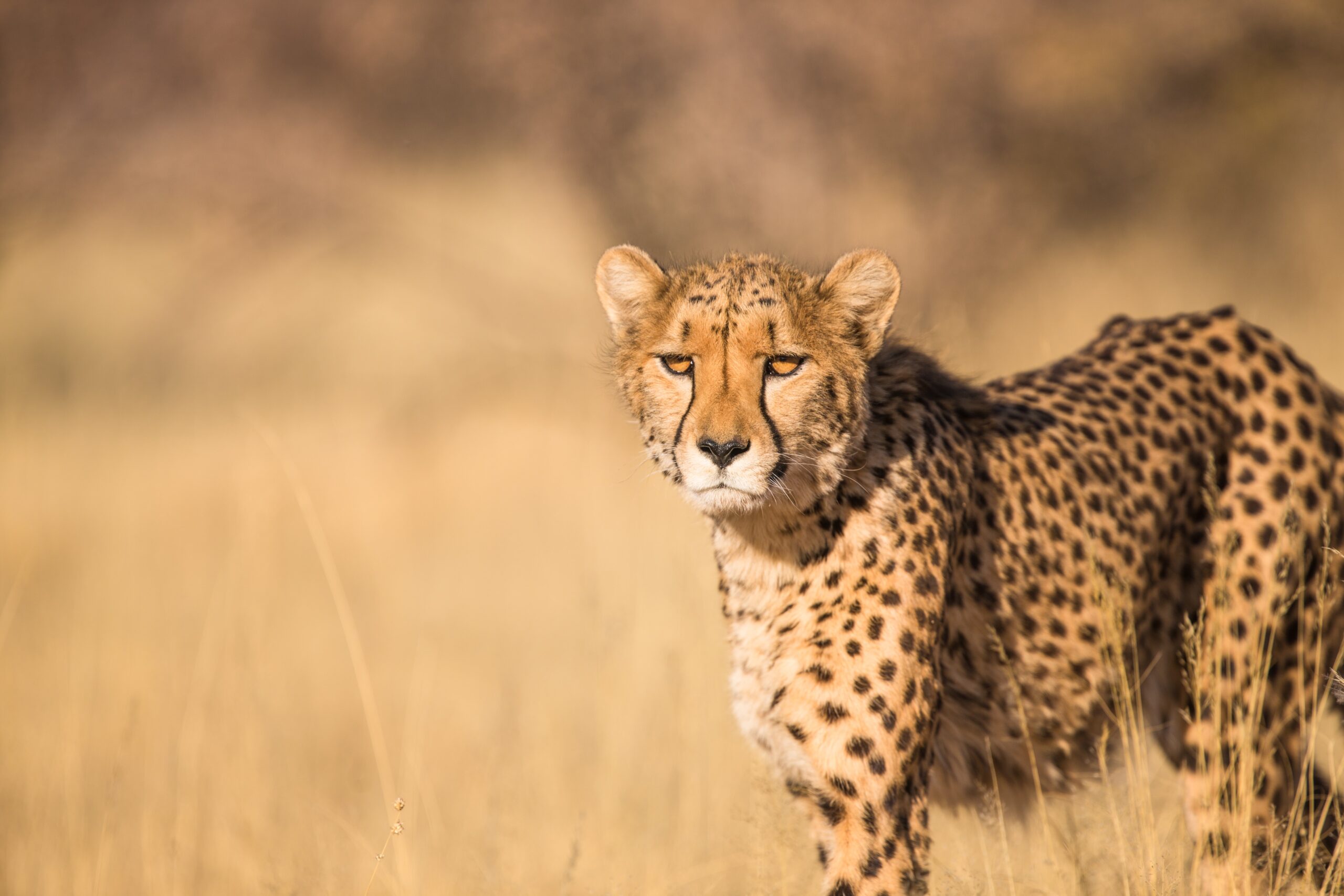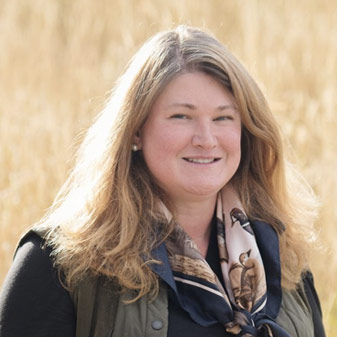This article was originally published in CalMatters.
The COVID-19 pandemic, with its likely origin in wildlife, has brought clarity to the thin line between our civilization and the parts of our world we consider wild. To reduce the threat of future pandemics we must conserve intact, healthy ecosystems in parts of the world, like sub-Saharan Africa, that are hotspots of emerging wildlife-borne diseases.
Doing so, however, may require confronting some uncomfortable truths. Many African countries rely on revenues from safari hunting to fund large-scale ecosystem conservation. These revenues provide strong incentives to conserve wildlife and its habitat as an alternative to clearing land for agriculture and logging, activities that push wildlife out of their native habitats, bring them into closer contact with people, and increase the risk of transmitting deadly viruses.
Unfortunately, the ability of African nations to conserve healthy ecosystems is at risk of being undermined by Senate Bill 1175, introduced by Sen. Henry Stern, a Democrat from Canoga Park, that would deter people from hunting in Africa by prohibiting Californians from possessing African hunting trophies. After all, U.S. hunters make up 70% of the consumer market for safari hunting, and California hunters form a significant portion of that percentage.
As I testified before the California Assembly earlier this year, hunting trophies of African game animals have never been linked to a disease outbreak and present no risk to public health. More importantly, the revenues raised by safari hunting are known to have funded the conservation of more than 344 million acres of healthy, intact ecosystems whose boundaries are our first line of defense against future pandemics.
The area of land conserved by safari hunting in Africa amounts to more than twice the size of the U.S. national park system and is 22% larger than Africa’s park system. Much of this land is in private or communal ownership and must generate a financial return to provide for the basic needs of its proprietors. And while these lands are home to healthy ecosystems and wildlife populations, they lack the scenery and infrastructure that would make ecotourism an economically viable means to support their conservation.
Analysis conducted in Botswana concluded that safari hunting was the only economically viable wildlife-dependent use on two-thirds of the country’s wildlife estate. Other research has found that only about a quarter of Botswana’s Northern Conservation Zone has the potential for photo-tourism. And a recent study in Conservation Biology found that if safari hunting were removed from the uses available to wildlife conservancies in Namibia, 84% of them would become financially insolvent, including conservancies that also cater to photo-tourists.
Other diseases potentially far worse than COVID-19 possibly wait for us in the world’s remaining wildlands. With that in mind, we must focus our energy on increasing the resources available to conserve these healthy, intact ecosystems. Taking conservation tools with a proven track record of effectiveness, like safari hunting, off the table moves us in the wrong direction, especially if no alternatives are offered or available.




